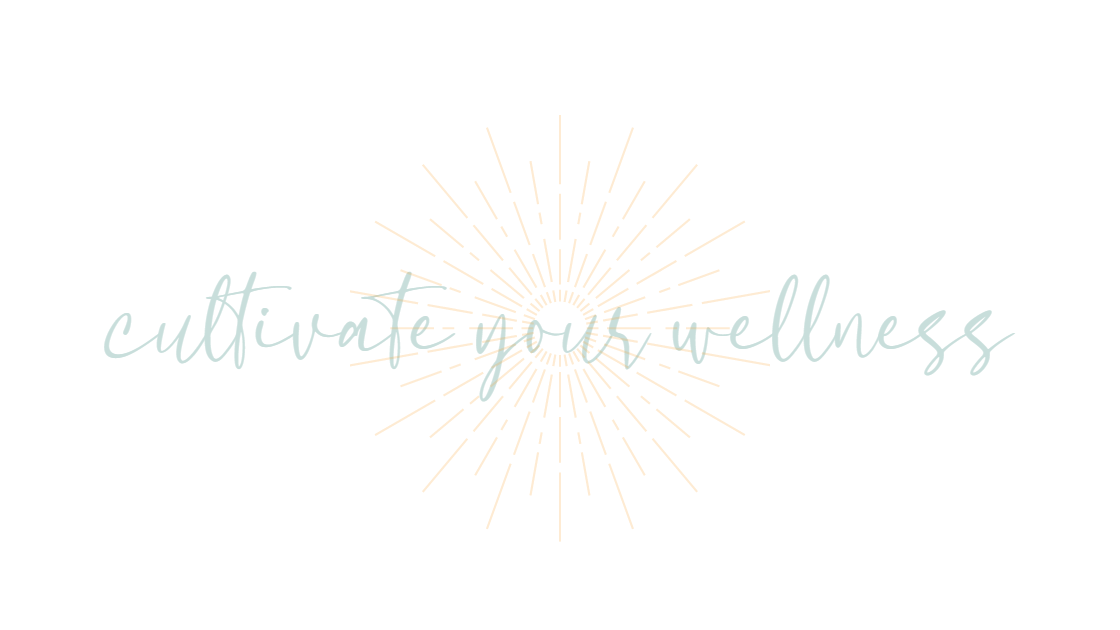I often talk to my patients about the importance of meditation. The benefits can be ground-breaking but for many the task is easier said than done. The most common frustration I hear and am often faced with myself is, “I can’t shut off my brain.” A common idea around meditation is that you must travel within the silence of your mind in order for it to be effective, in order to discover your hidden self, unlock the doors to chronic pain, or solve a looming dilemma that haunts you. While it is true that many amazing experiences can occur while visiting the quiet hallways of your conscious, meditation doesn’t always have to be that mysterious. If thinking is what your brain wants to do, give yourself permission to do just that. You may find that there is more to your thoughts than just meaningless chatter.
This past Sunday, I attended a fabulous seminar on Recollective Awareness Meditation. The class was led by Linda Modaro, a licensed acupuncturist and teacher with the Skillful Meditation Project. She has been teaching groups, workshops and meditation retreats since 1987. The 8-hour workshop was held at Linda’s office in Santa Monica where we embarked on a journey to go beyond the structure of meditation and reflect on what our inner voices were saying.
The instructions given were very simple. “We’re going to sit for 30 minutes. You may sit on a chair or the floor, close your eyes, feel free to adjust your posture if you feel uncomfortable…” That was about it. No, “focus on your breathing, and if your mind wanders, bring it back to the breath.” No mantra or chanting. Just simple sitting.
When Linda rang her small singing bowl to start the first 30 minute sitting, I was filled with fear and nervousness. I didn’t know how I could possibly sit still and content for that long. I would certainly get bored, restless and tired. I stayed with this feeling for about a minute. When I assumed a minute has passed, I told myself that there were only 29 more to go and figured it wouldn’t be so bad. From there I just went with it.
After the 30 minutes, which actually seemed to go quite fast, we were asked to spend 10 minutes reflecting on our sitting and journal our experience. We did this three times throughout the day. We learned that reflection is an important part of the practice. It helps you to increase your awareness of what happens when you meditate. I’d like to share one of my reflections with you…
“Again fear of time. Short lived. Thought about active vs passive and participate vs observe. Which of these do I more often do? Can I combine the two successfully?
Thought about dialogue. The words “will, would like, can, can not, am, have.” Active words. No more “should, could, would.”
Thought about me, mind, body, and the connection. How do I experience life? Physically or mentally. What effect does the physical have on my mind and my mind on my body?
Some headache, am I getting sick? Feels like I am.
Focused on the back of my neck. Felt calm. Almost like the ocean. Flow. Pulse.
Thought about choosing happiness. Why do we explore our pain but not our joy? I would like to do this more.”
As you can see, nothing monumental occurred. I was not enlightened in any profound way. But as I look back on this reflection I can recognize desires I hold within and places my mind tends to go. Each meditation sitting was a little different from this, but certain themes recurred. It was definitely a learning experience.
I encourage everyone to try this way of meditating, even if you have a meditation practice that you know and love. Find a quiet place, set a timer, feel the heaviness of your body, and sit. You can incorporate any previously learned methods into your sitting, but let your experience unfold naturally. When you are finished, spend some time reflecting on and journaling your experience.
If you want like to learn more, I recommend reading Jason Siff’s new book, Unlearning Meditation. It’s very insightful. Linda will also be holding another class like the one I attended on November 14th in Santa Monica. This class is a continuing education workshop for acupuncturists and therapists. She also holds classes for the community. You can contact Linda through the Skilled Meditation Project.
Namaste

I found this article so interesting. While studying Classical Yoga I was taught stillness meditation. The swami who taught us would not entertain the idea of any other types of meditation – stillness meditation was the only way.
For me, I have noticed that in the first ten minutes or so of my meditation practice, as I am using a technique to still my mind, I have had some incredible insights into my life. Most of the answers to my “what should I do?” life questions have suddenly come to me in that time. It seems to be a powerful time of clarity.
I think practising meditation as you have outlined above is a very worthwhile way to learn more about oneself.
Thanks, Brigid, and thank you for sharing your experience.
I believe there are so many great benefits that can be gained from meditation and believing that there is no one correct style can lead us to the practice that resonates best with each of us!